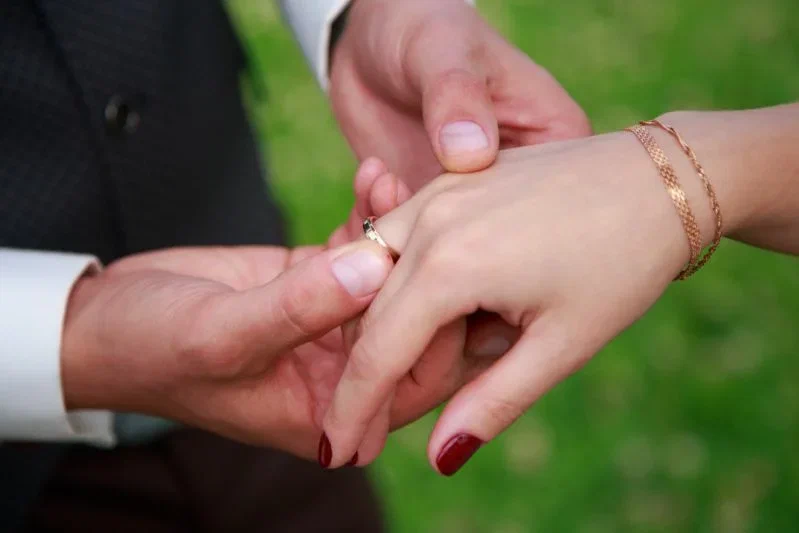He placed the phone face down on the table. She smiled, not knowing that a month later this gesture would cause their separation.
According to a study in the Journal of Social and Personal Relationships , 90% of couples who regularly hide their screens divorce within 5 years.
“It’s not paranoia,” says Dr. Jennifer Teichman , author of Digital Intimacy. “The hidden screen is an invisible barrier. It screams, ‘I have something to hide.’”

The first "innocent" gesture is turning the body away during a conversation
Psychologist Albert Mehrabyan proved: 55% of communication is body language.
If a partner sits sideways or crosses his arms, the brain perceives this as a "wall". "I thought he was just tired after work," Marina writes on the LoveLab blog. "Until I saw him turn his entire body to his colleague and laugh. This hasn't happened for years."
The second gesture is checking your watch during a call.
A Cambridge University study found that 78% of people perceive this as "I'm not interested in you."
“She was looking at her watch when I was telling her about the promotion,” Denis shares in the Men’s Club podcast. “Then I found out that she was marking the time until the end of the ‘boring dinner.’”
The third and most dangerous is the “blank look”
When one speaks and the other looks through him, as if at the screen of an invisible phone.
Neuroscientist Tanya Singh explains in an interview with Scientific American: "The brain interprets this as ignoring you. It releases cortisol, the stress hormone that kills attachment."
Why is this so destructive?
In the documentary The Secret to Love , psychotherapist Esther Perel gives a shocking example: a couple who broke up because the wife chewed gum during serious conversations. "He said, 'I felt like my words were falling into a bottomless well.'
Solution
Dr. John Gottman suggests the "5-Second Rule": When your partner speaks, turn your entire body toward them and hold eye contact for at least 5 seconds. "That's the signal: 'You're important.'"
But there is a downside. As The New York Times writes, obsessive observation of gestures can turn into paranoia, and partners can break up due to neurosis.
